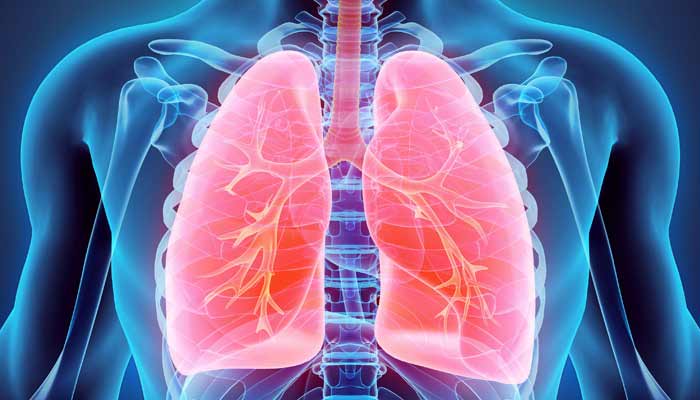The healthcare industry is on the brink of a revolution, driven by the advancements in Artificial Intelligence (AI). AI technologies are enhancing early disease detection and enabling personalized treatment plans, leading to better patient outcomes and more efficient healthcare systems. This article explores the transformative impact of AI in healthcare with real-world examples demonstrating its potential.
Early Disease Detection

Early detection of diseases can significantly improve the chances of successful treatment and reduce healthcare costs. AI algorithms, particularly those based on machine learning, can analyze vast amounts of medical data to identify patterns and anomalies that may indicate the early stages of a disease.
Breast Cancer Detection
One prominent example is the use of AI in breast cancer detection. Traditional mammograms can miss subtle signs of cancer, leading to late diagnoses. However, AI systems trained on thousands of mammogram images can identify these subtle signs with remarkable accuracy. A notable case involves a hospital that implemented an AI-based screening tool for mammograms. The AI system detected early signs of breast cancer that radiologists had missed, leading to earlier intervention and improved survival rates for patients.

Personalized Treatment Plans
Personalized medicine tailors treatment plans to individual patients based on their unique genetic makeup, lifestyle, and other factors. AI plays a crucial role in analyzing these diverse data sets to recommend personalized treatments.
Genomic Medicine
In the field of genomic medicine, AI is used to interpret complex genetic data. For instance, a leading research institution uses AI algorithms to analyze the genomes of cancer patients. By identifying specific genetic mutations, the AI system helps doctors choose targeted therapies that are more likely to be effective for each patient. This approach has led to significant improvements in treatment outcomes and reduced side effects compared to traditional one-size-fits-all treatments.
AI in Radiology
Radiology is another area where AI is making a significant impact. AI-powered image analysis can assist radiologists in diagnosing conditions more accurately and quickly.
Detecting Lung Diseases
A hospital network implemented an AI system to analyze chest X-rays and CT scans for signs of lung diseases, including pneumonia and lung cancer. The AI system improved diagnostic accuracy by highlighting areas of concern that radiologists should examine more closely. In one case, the system detected a small lung nodule in a patient who had no symptoms, allowing for early intervention and treatment.

Chronic Disease Management
Managing chronic diseases such as diabetes and heart disease requires continuous monitoring and timely interventions. AI-driven tools can help patients and healthcare providers manage these conditions more effectively.
Diabetes Management
An AI-powered app for diabetes management uses data from continuous glucose monitors, activity trackers, and dietary logs to provide personalized recommendations for patients. The app analyzes trends in blood sugar levels and predicts potential spikes or drops, allowing patients to take preventive actions. Users of the app have reported better blood sugar control and a reduction in diabetes-related complications.







